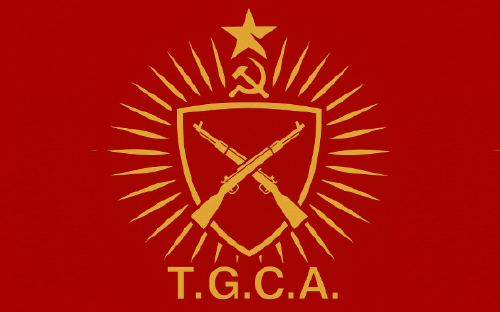| History: |
Since Kim Seon-sa took power in 2107 and renamed the DPRK the Socialist Soviet Republic of Korea (SSRK), the country has officially shifted to a Market-Oriented Economic Model – a comprehensive approach that combines the centralized power of the State with the flexibility of the market mechanism. Under Kim Seon-sa’s close leadership, the Government has maintained a leading role in determining the “framework” of the economy: from planning GDP growth targets, export-import targets, allocating investment to strategic sectors such as energy, manufacturing, agriculture and high technology, to the legal framework allowing the establishment of private enterprises, cooperatives, and joint-venture companies with foreign investment. In addition, the state still maintains a monopoly on key sectors such as energy, telecommunications, banking and defense, while applying preferential tax policies, low-interest credit support, free land and infrastructure for start-up projects and small and medium-sized enterprises. As a result, while the Ministry of Planning and Investment develops a five-year plan focusing on “breakthroughs” – including satellite urban development around Pyongyang, modernizing the national health and education system and mechanizing agriculture – the system of private enterprises and international joint ventures is encouraged to expand, diversify products and participate deeply in the global value chain. Less than two years after the model change, SSRK has signed a series of bilateral and multilateral free trade agreements with partners such as China, Russia, Vietnam, and several European countries, and has become an attractive destination for investors who want to access the Northeast Asian market with competitive costs and a highly skilled workforce. As a result, the average economic growth rate reached over 6% per year, import and export turnover doubled compared to the previous period, and per capita income began to approach the level of some developing countries in Southeast Asia. In return, the State still maintains a “comprehensive social security policy”: ensuring free medical care and education, poverty reduction programs, taking care of social housing, and protecting the elderly and the disabled. The SSRK’s human development index (HDI) has made a huge leap, especially in rural areas, where high-tech agricultural cooperatives have created “raw material zones” for exporting rice, vegetables, and seafood. Opening up to the private sector has not only transformed urban areas with commercial areas and service centers, but also stimulated tourism – for the first time Seoul–Pyongyang has issued bilateral visas to foreign tourists. The Juche spirit remains a political inspiration – encouraging self-reliance and self-reliance – but it is framed in a modern Marxist–Leninist framework, where the State and the people work together to create prosperity. By balancing the problem of “control – freedom” in the economy, SSRK not only strengthens the power position of the Workers’ Party of Korea and the National Defense Council, but also creates opportunities for intellectuals, young entrepreneurs and a large labor force to promote initiatives, contribute to improving people’s lives, and at the same time increase political – economic influence, helping SSRK become a “model” of a flexible socialist economy, adapting to global trends.
|














